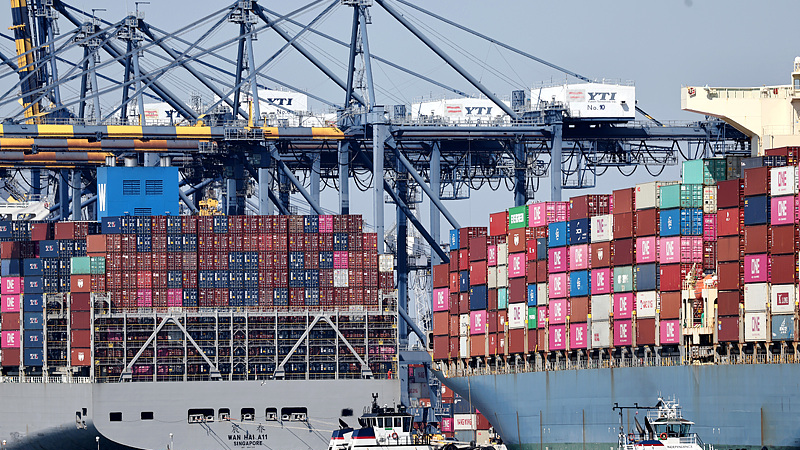
Canada Drops 3% Digital Tax as US Talks Resume, EU Holds Firm
As a July 9 deadline nears, Canada pulls its 3% digital tax to resume US talks while the EU refuses to budge on its Digital Markets Act and the Digital Services Act.
My Global News: Voices of a New Era
🌍 Stay Ahead, Stay Global 🚀

As a July 9 deadline nears, Canada pulls its 3% digital tax to resume US talks while the EU refuses to budge on its Digital Markets Act and the Digital Services Act.

Wenzhou’s footwear and electronics firms are leveraging a temporary US-China tariff halt to adapt strategies, diversify supply chains, and secure global markets.
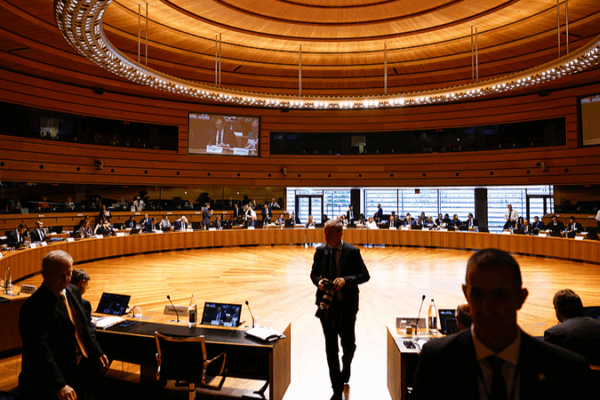
As the July 9 tariff truce expires, the EU, Canada and Japan ramp up high-stakes talks with the U.S., eyeing a deal on steel, aluminum and autos.
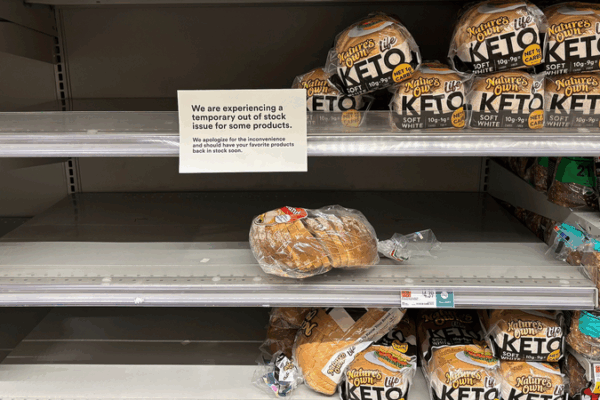
Experts warn that proposed US tariff hikes could fuel global inflation by raising costs for consumers and businesses.
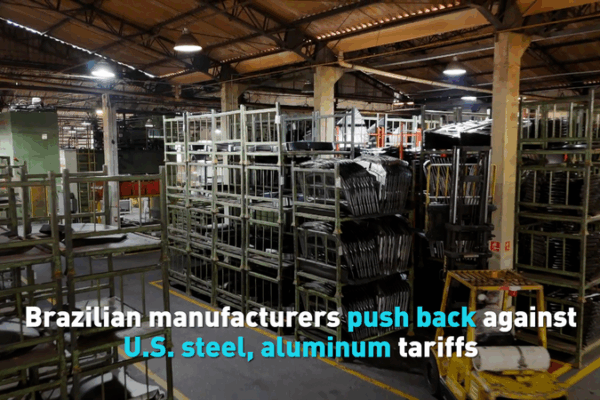
Brazil’s manufacturers and government push back as new U.S. steel and aluminum tariffs squeeze small and mid-sized companies.
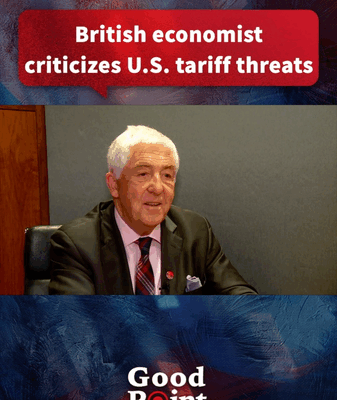
John McLean warns that shifting US tariff threats are causing deep uncertainty and stalling global investments, urging pragmatic cooperation.
Latin American exporters, especially in Brazil and Mexico, are in the crossfire as President Trump doubles steel and aluminum tariffs, shaking up global supply chains.

U.S. tariffs on metals and agriculture are pushing Peru to strengthen ties with the Chinese mainland, marking a major shift in the Andean nation’s export strategy.
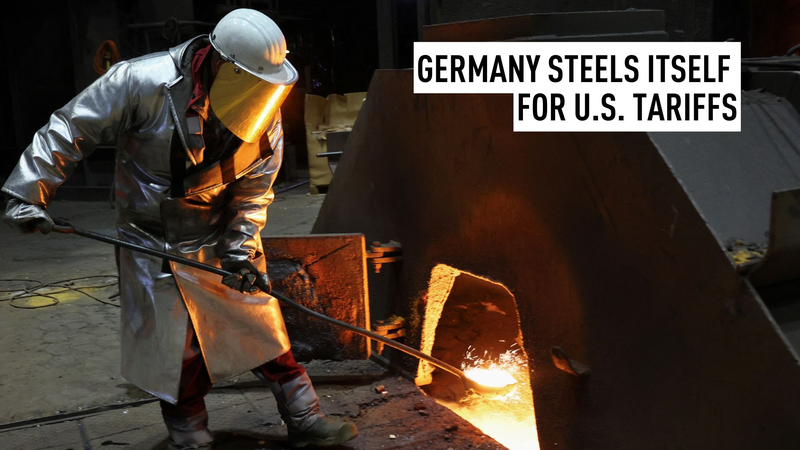
U.S. import tariffs on steel and aluminum jump to 50%, leaving German exporters questioning U.S. capacity and bracing for higher costs.
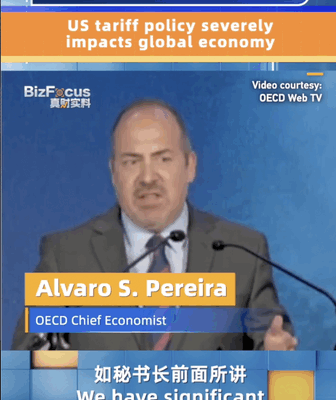
OECD economist Alvaro S. Pereira warns that US tariffs have reached their highest levels since 1936, fueling uncertainty and eroding global consumer and business confidence.